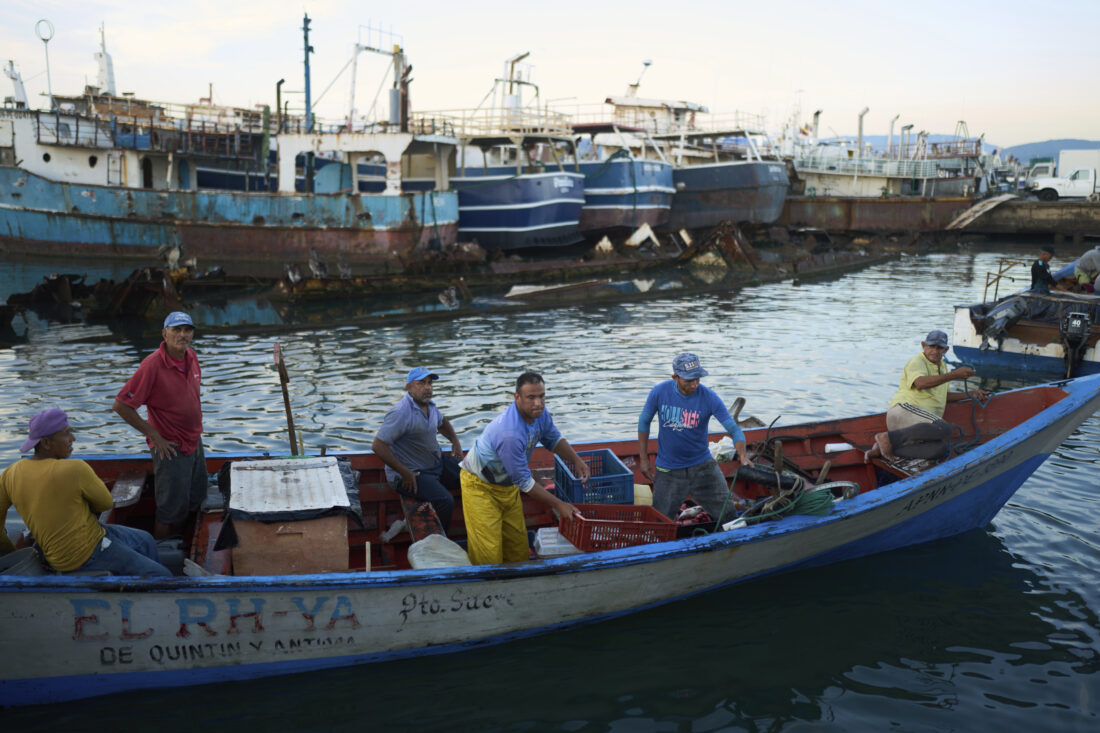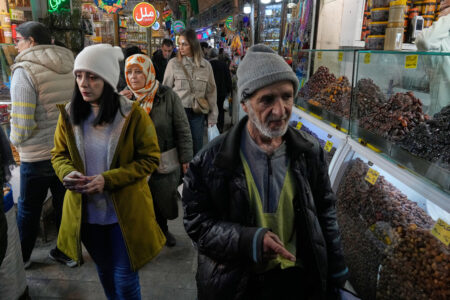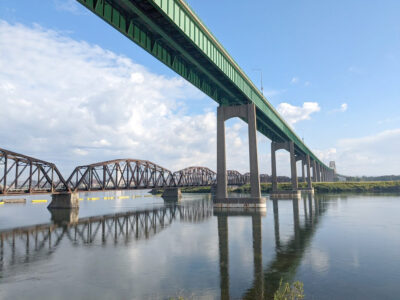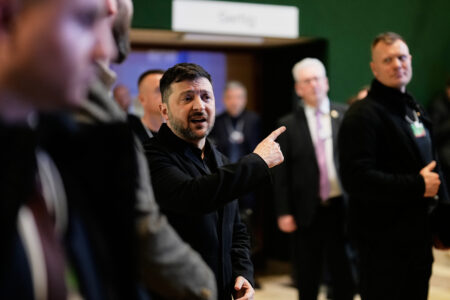US military strikes disrupt life in impoverished fishing communities

Fishermen arrive at the port in Cumana, capital of Venezuela's Sucre state on Monday. (AP Photo/Ariana Cubillos)
GÜIRIA, Venezuela (AP) — On Venezuela’s Paria Peninsula, an idyllic stretch of Caribbean coast, it is an open secret that boats departing from its ports transport both drugs and fish.
Residents claim not to know who owns the illegal cargo, but they can tell when business is doing well because people eat out, get their hair and nails done and buy expensive meat. They also admit that none of this has happened since the U.S. military struck on one of those boats earlier this month.
Few details are known about the deadly Sept. 2 strike on a boat the Trump administration claims departed Venezuela carrying drugs and 11 members of the Tren de Aragua gang, fueling speculation. Fishermen in the peninsula told The Associated Press they do not entirely blame those who enter the illegal trade, as living off fishing alone in Venezuela today is to accept a life of poverty.
Fishing boats in the breathtaking peninsula have been repurposed to smuggle migrants, traffic humans, wildlife and fuel. These so-called “other businesses” have flourished since Venezuela’s economic collapse a decade ago.
Speculation over the strike is still going around Venezuela, with people wondering who died and whether their deaths are part of a plan to topple President Nicolás Maduro. Some have questioned their government’s assertions that a video of the strike released by U.S. President Donald Trump was created with artificial intelligence and that a boat of that size cannot venture into the high seas.
But fishermen in the peninsula, who know their craft, immediately recognized some characteristics of the boat from the video. They said it was a 12-meter-long fishing boat known in Venezuela as “peñero” with four powerful and expensive motors. They estimated the engines were at least 200 horsepower each, a force five times more powerful than that typically used on local peñeros.
“Fishing doesn’t pay enough to buy a motor like that,” said fisherman Junior González, taking a break from repairing a boat along the shore of Guaca. Only a handful of roughly two dozen sardine processing plants still operate in this community following years of overfishing, failed restoration and the country’s overarching crisis.
González explained that the motors he uses run between $4,000 and $5,000 each, while one of those needed to reach Trinidad and Tobago — the suspected destination of the targeted boat — sell for $15,000 to $20,000.
The Trump administration has yet to explain how the military assessed the boat’s cargo and determined the passengers’ alleged gang affiliation before the attack. National security officials told members of Congress last week that the boat was fired on multiple times after it had changed course.
The strike, which followed a buildup of U.S. maritime forces in the Caribbean, marked a paradigm shift in how the U.S. is willing to combat drug trafficking in the Western Hemisphere. The U.S. military killed three other people Monday after striking a second vessel that Trump said was carrying drugs from Venezuela.
While some fishermen supplement their income with drug trafficking out of desperation, Christopher Sabatini, a research fellow at the Chatham House in London, said the Trump administration “has completely exaggerated” the scope of their illicit activities by linking them to the Venezuelan Tren de Aragua gang and deeming them an immediate threat to the U.S.
“If you look at (the boats), these could never make the journey all the way up the Caribbean to the United States,” Sabatini said. “These are small-scale fishermen — and now small-scale drug traffickers — that don’t represent the crux of the issue.”






